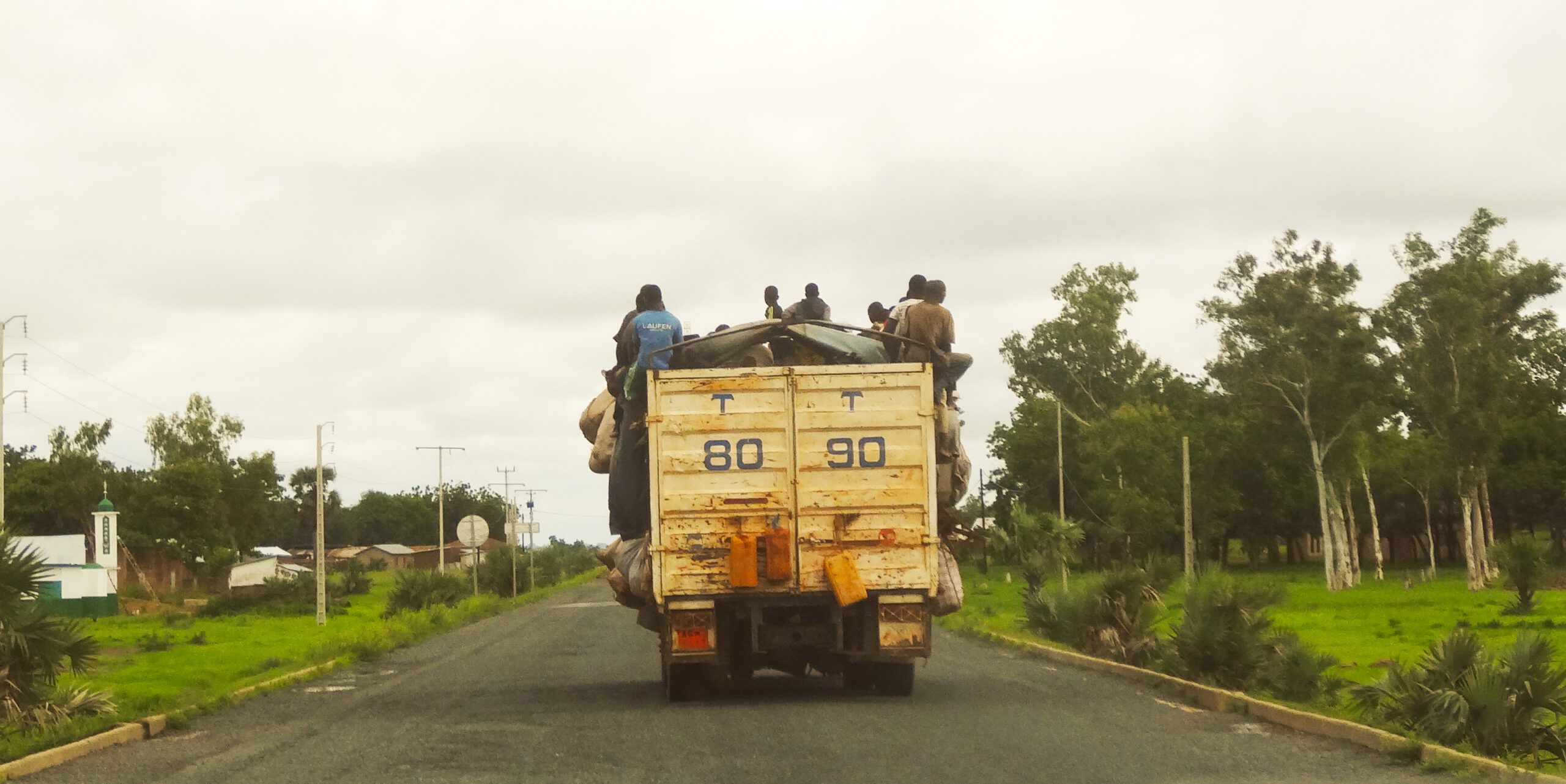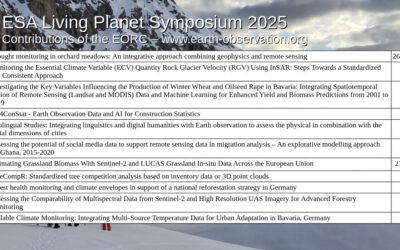We are happy about the start of our new project MIGRAWARE (Rural-urban and cross-borer migration in West Africa – an integrated assessment framework for drivers, processes and sustainable responses).
With partners from Germany, Nigeria, Burkina Faso and Ghana we are working on a scientific-technological framework for assessing the processes, drivers and factors of rural-urban and cross-border migration in West Africa. MIGRAWARE will suggest
governance instruments suitable to alleviate migration needs, improve local livelihoods and sustain human-environmental interactions. The project intends to reveal the typical pathways and (hi)stories of migration that include the movement from poor hinterlands to urban conglomerations and other places so that governance instruments can be tailored for the local, national and intergovernmental level.
Our specific tasks in MIGRAWARE are the identification of push and pull regions of migration in the focal countries and to translate the project results and methods into a curricular for the WASCAL Graduate Programme on Climate Change and Human Habitats in joint cooperation with our partner the Federal University of Technology Minna in Nigeria. Our colleagues Itohan-Osa Abu and Dr. Michael Thiel are looking very much forward to a fruitful and close collaboration with the project partners.
MIGRAWARE is funded by the Federal Ministry of Education and Research (FKZ: 01LG2082B) as a WASCAL WRAP 2.0 project.








